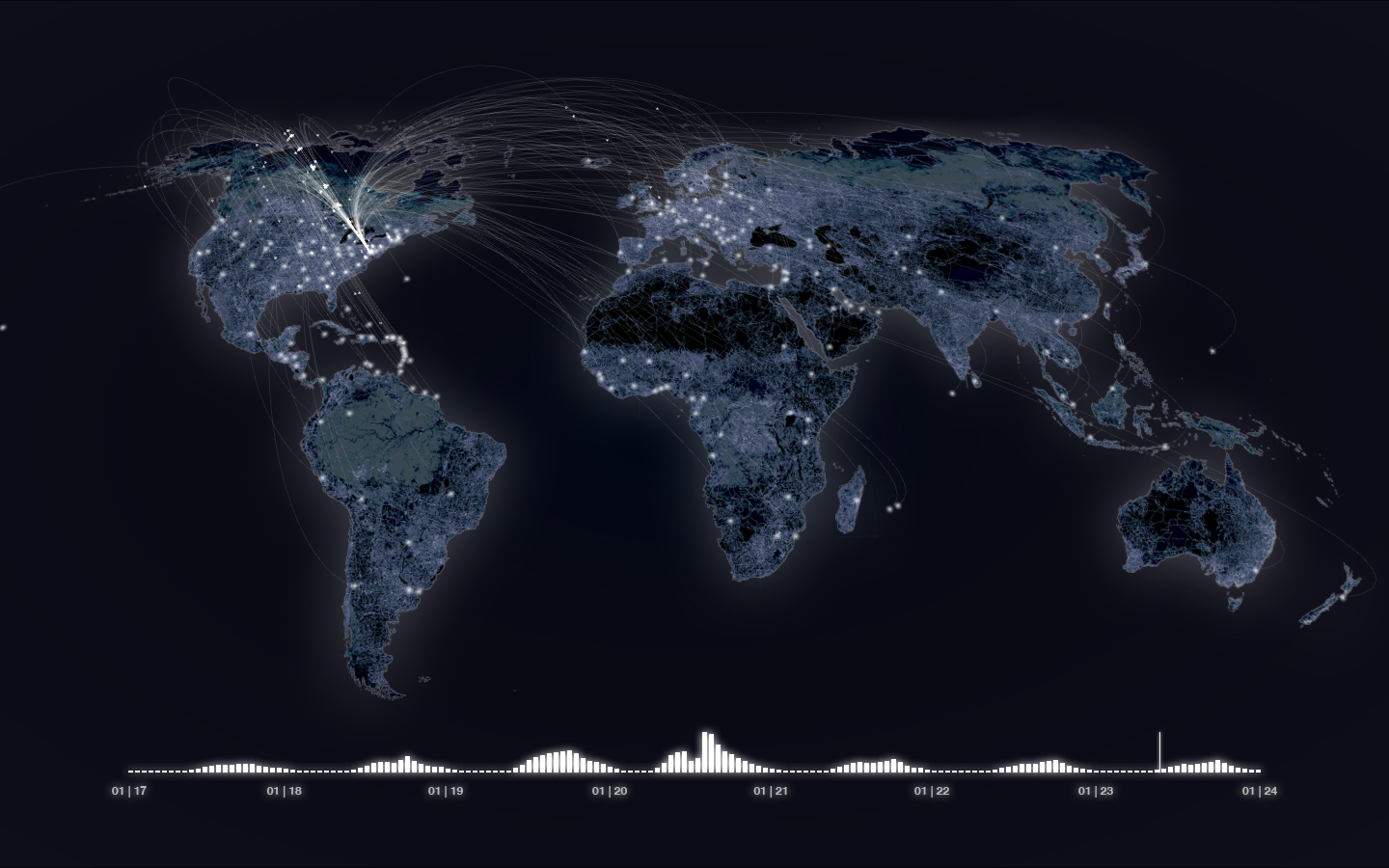April 21, 2014 – Maryum Jordan
This post was originally published in the Global Anticorruption Blog, an exciting new initiative by Harvard Law School professor, and LIDS mentor, Matthew Stephenson. Six current and former LIDS members–Rajarshi Banerjee, Daniel Holman, Maryum Jordan, Meng Lu, Philip Underwood, and Colette van der Ven–are contributors to the Blog. LIDS Live will post brief introductions to their posts, and direct you to the Blog to read the rest.
It is the one-year anniversary of the U.S. Supreme Court’s decision in Kiobel v. Royal Dutch Petroleum Co. In its decision, the Court narrowed the admissibility of Alien Tort Statute (ATS) claims related to extraterritorial human rights abuses, ruling that such claims are not actionable unless the claim has a sufficient nexus to U.S. territory. What kind of nexus is enough for an ATS case arising from exterritorial conduct? For cases involving foreign multinational companies, such as the defendant Royal Dutch Petroleum in Kiobel, a “mere corporate presence” in the U.S. is not enough.
A striking feature of this holding is the clear contrast between how a “mere corporate presence” in the U.S. is not enough for an ATS claim based on extraterritorial conduct, but is sufficient for a Foreign Corrupt Practices Act (FCPA) prosecution. Although Royal Dutch Petroleum’s “mere corporate presence” in the U.S. was not a sufficient basis for an ATS claim, if these human rights abuses were tied to corruption for the retention or solicitation of business in Nigeria (and involved U.S. interstate commerce — a requirement not difficult for the DOJ and SEC to overcome), Royal Dutch Petroleum could be liable for FCPA violations. As a foreign multinational company, Royal Dutch Shell Company lists its shares on the New York Stock Exchange and prepares filings for the SEC. Such activity is sufficient for establishing FCPA jurisdiction.
This suggests a possible strategy for human rights advocates dismayed by the Kiobel decision: Perhaps it might be possible to more aggressively utilize FCPA enforcement for circumstances in which corporate accountability for human rights abuses is tied to bribery. Continue reading →


